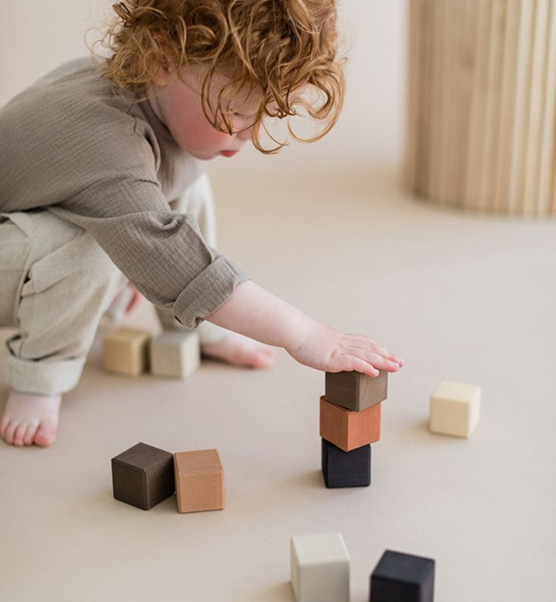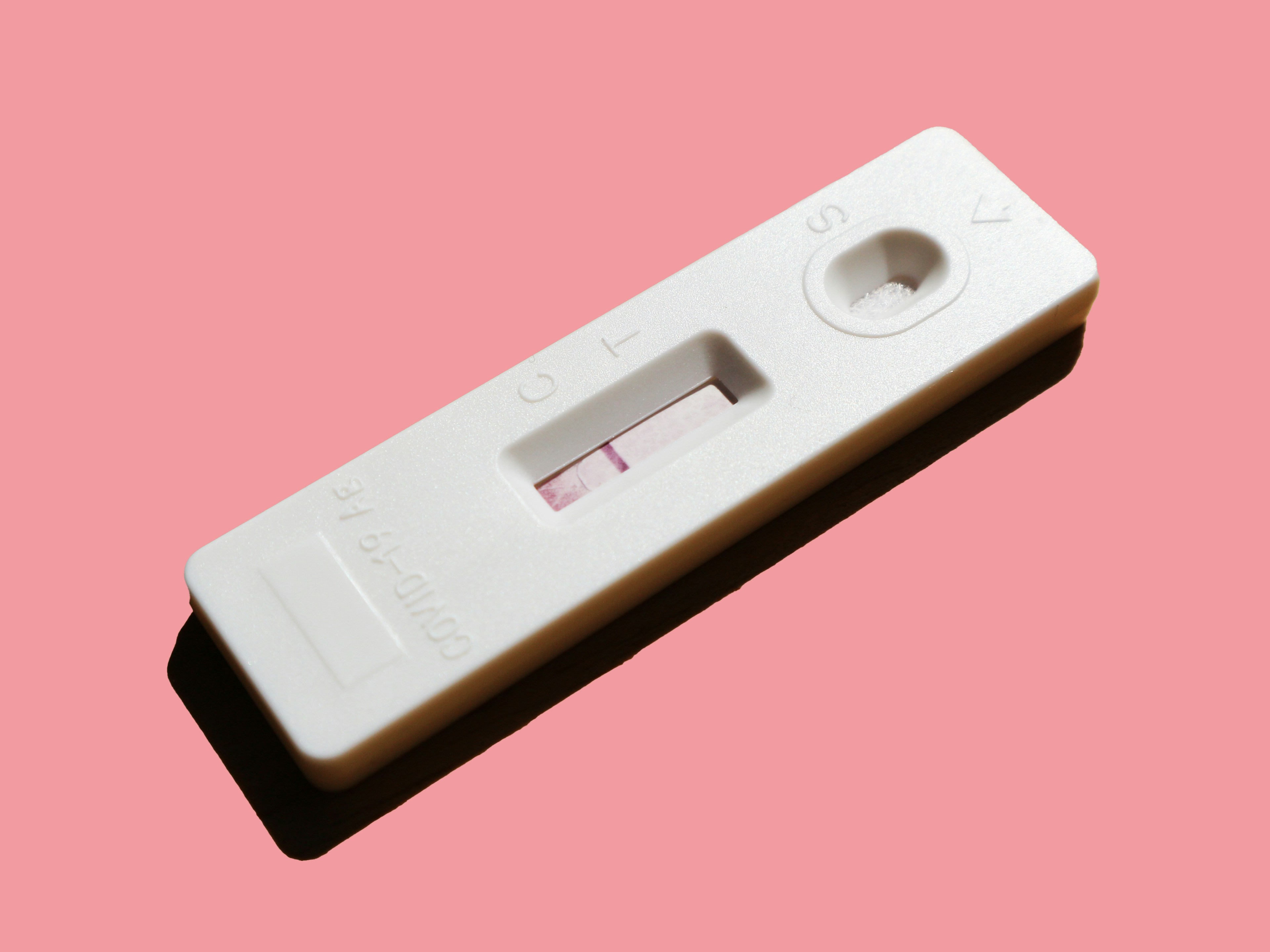A few years ago, a new study arrived that, frankly, freaked out a lot of people.
The particular study in question appeared in the journal JAMA Pediatrics , a highly respected and well cited pediatrics journal. The key question in the paper is whether more screen time is bad for cognitive development in a population of 47 kids aged 3 to 5 years. Their first step in answering this question is a familiar one — they analyze whether early literacy skills (phonics knowledge, early reading) in these children are correlated with screen exposure.
And they do find a correlation: more screens = lower literacy. This finding should not be surprising. There is a large literature – much of it with many more children studied – which echoes this result. It’s important to call it what it is – a correlation. There are many other differences across kids who are exposed to a lot of screen time versus those exposed to less. These are things like parental education or income, variables which we know independently relate to literacy.
Where this paper differs – and I have to say, this is just super cool – is that they actually did brain scans of these 47 kids. It’s worth highlighting that this is a big undertaking; putting kids in a FMRI scanner is not for the faint of heart and 47 is a very large sample in this space. What they find is that the brains of the kids who watched more screens looked somewhat different than those who were exposed to less. Basically, the correlations that they see in the cognitive test scores are echoed in correlations in brain structure.
I don’t want to put words in people’s mouths, but I think that part of what really freaked people out about this was the idea that screen time could change your child’s brain. Something about this seems to feel more “causal” than the basic correlation with test scores.
But it’s not. Think about it this way: we know that differences in test scores must, on average, reflect differences in brain activity. This is because cognitive performance is produced by the brain. So when you saw that first evidence on test scores and TV — or any evidence on test scores and screens — even if you didn’t think about it explicitly, this must reflect an underlying correlation between screen time and brain structure.
The differences in brain structure, though, may well be due to the other factors that plague the correlation between screens and test scores. It may be that differences in the brain are due to the other differences between families, like the amount that parents read to their kids or other resource-intensive activities, not due to screens. Even though the brain scans seem more mechanistic, more scientific, it’s still just a correlation.
So I’m going to stand by what I said in Cribsheet. More data on this topic would be great, but what we do know is reassuring about screen time.
Community Guidelines





















